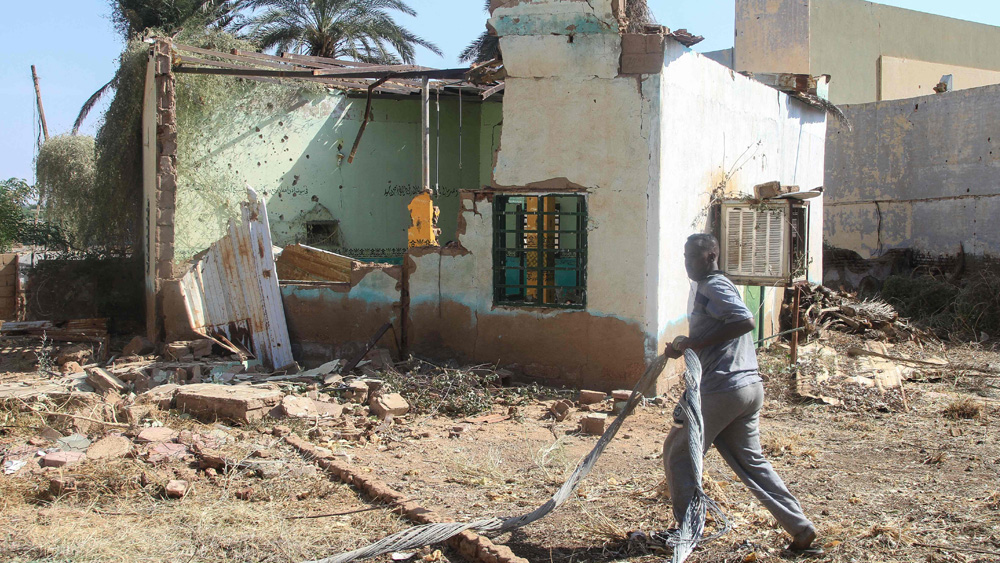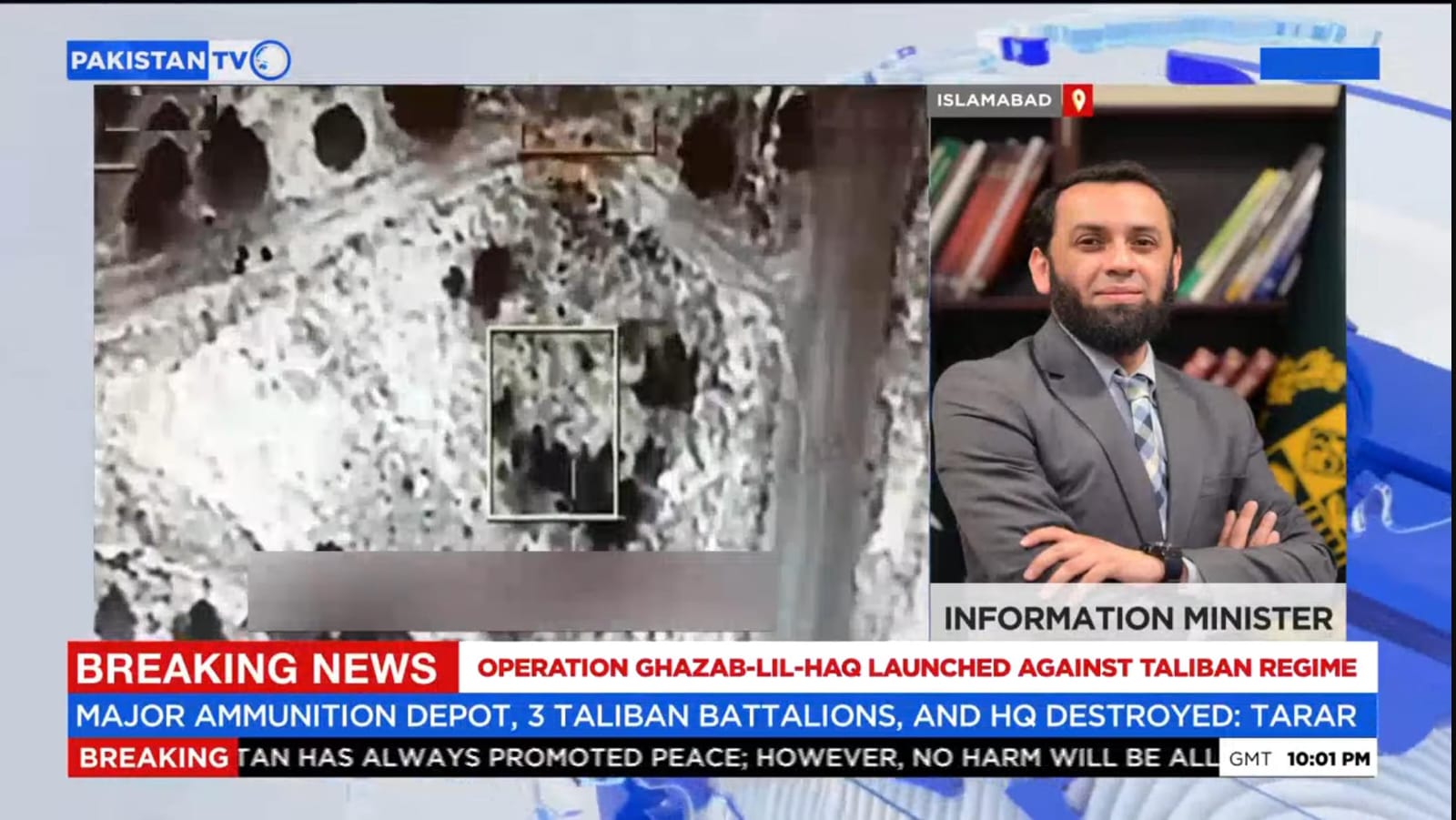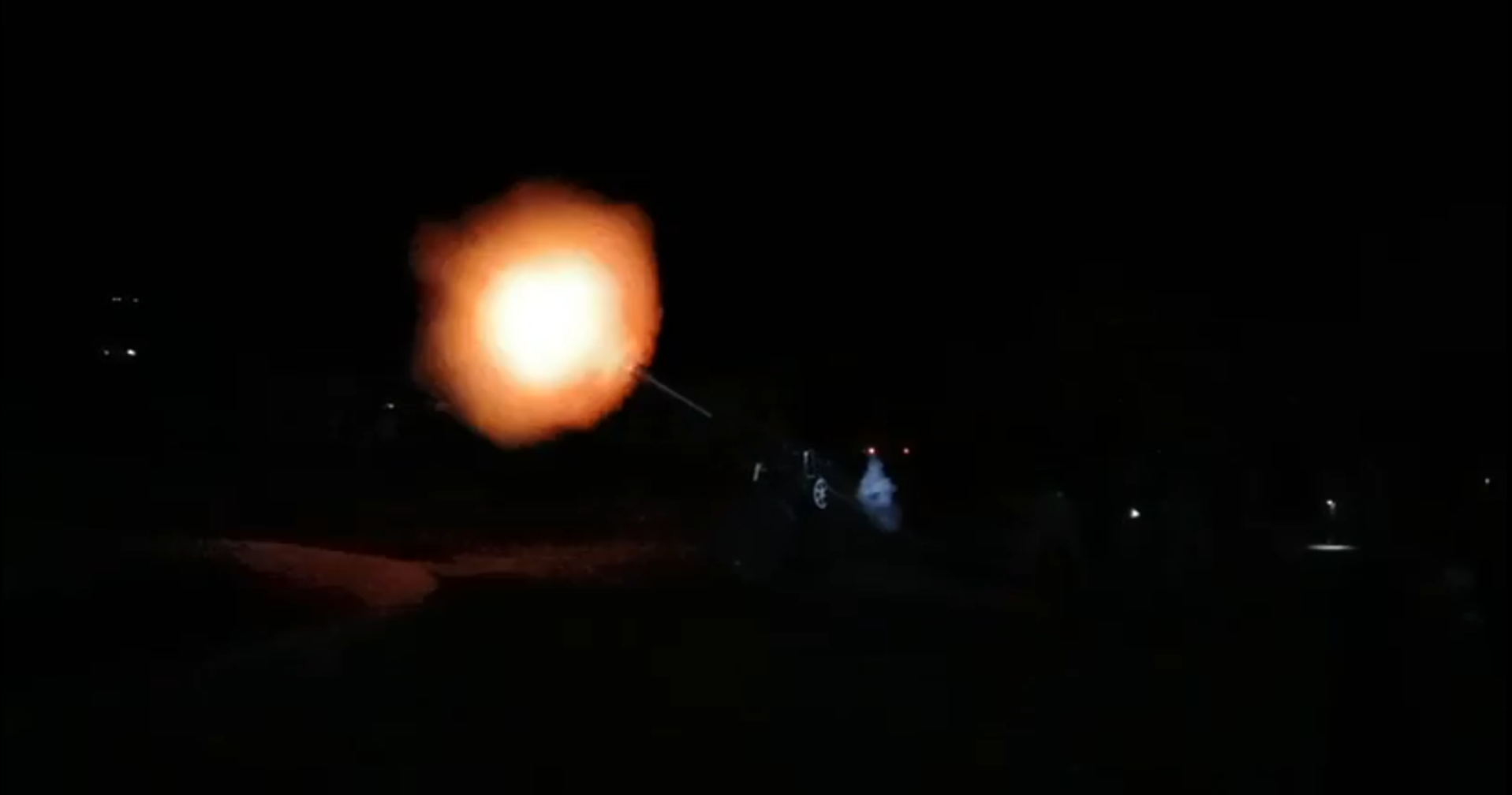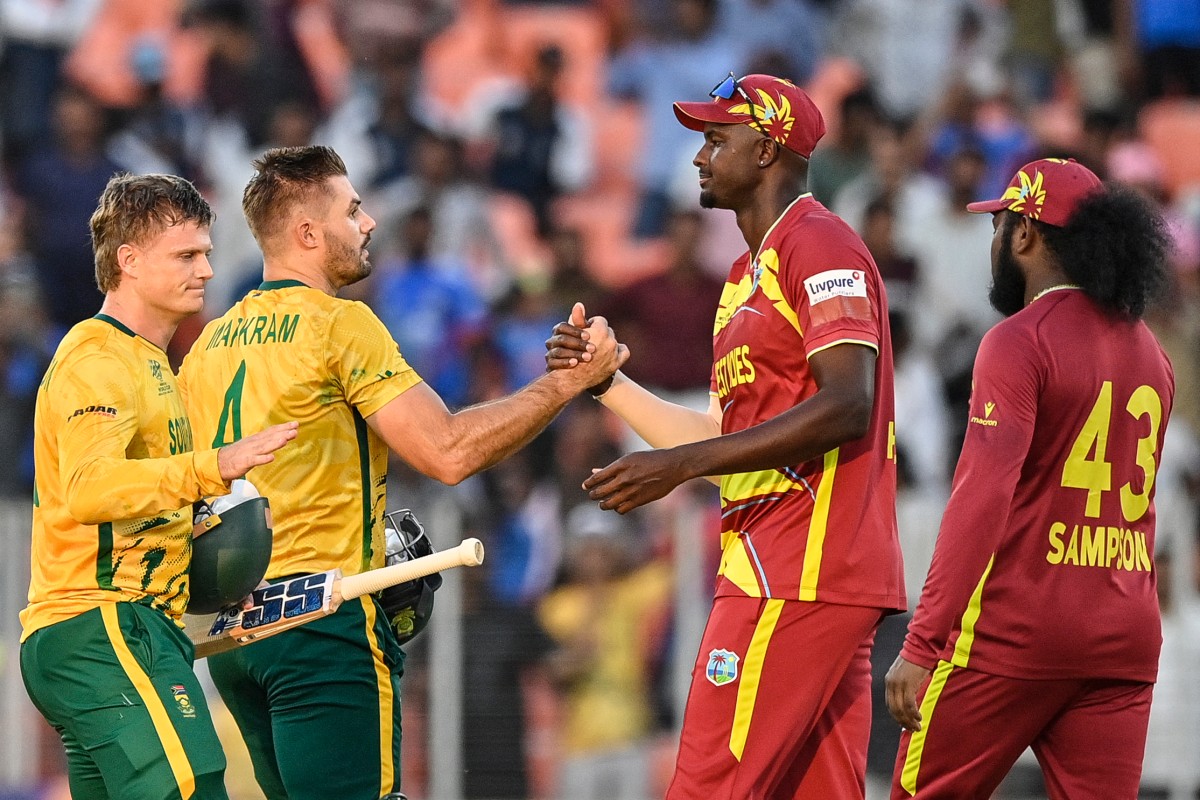
A man walks past a damaged building near the war-damaged National Theater of Omdurman, the twin-city of Sudan's capital, as Sudanese dramatists in collaboration with local authorities have launched an initiative to restore it, on November 7, 2025. (AFP)
PORT SUDAN: Residents of the southern Sudanese city of El-Obeid have said they are living in fear as paramilitaries appear to prepare for an assault, with the army reporting shooting down a drone targeting the city on Saturday.
The North Kordofan state capital, about 400 kilometers (250 miles) southwest of the national capital Khartoum, is a regional hub and a strategic prize for the paramilitary Rapid Support Forces (RSF), at war with Sudan’s army since April 2023.
While the RSF announced Thursday it had accepted a truce proposal put forward by mediators, the UN subsequently said it saw “preparations for intensified hostilities,” issuing a warning about the deteriorarting situation in the Kordofan region in particular.
“We are especially worried after what happened in El-Fasher,” Soaad Ali, from El-Obeid’s Karima neighborhood, told AFP, referring to the RSF’s capture of the last army stronghold in western Darfur after an 18-month siege.
That takeover was followed by reports of mass killings, sexual violence, abductions and looting, triggering fears the conflict could spread into oil-rich Kordofan.
El-Obeid, which hosts an airport, sits on a key supply route linking Darfur and Khartoum.
Last month, the RSF captured Bara, north of El-Obeid, forcing more than 36,000 people to flee that town and four others in North Kordofan in less than a week, according to the UN.
The group said last week it had massed forces in Bara to retake El-Obeid, “advising civilians to steer clear of military targets.”
“We are living in fear,” said a resident of El-Obeid’s Qubba neighborhood, who asked to remain anonymous for security reasons.
“Officials try to reassure us, but... after what happened in Bara, our fears are growing.”
A military source — speaking on condition of anonymity as they were not authorized to brief the media — told AFP on Saturday that air defenses “shot down a drone launched by the RSF militia toward” El-Obeid.
‘Lost their parents’
The fall of El-Fasher two weeks ago gave the RSF control of all five state capitals in the vast western region, in addition to parts of the south.
The army controls most of Sudan’s north, east and center, including Khartoum.
Since El-Fasher’s fall, more than 80,000 people have fled the city and surrounding areas, according to the UN.
The General Coordination for Displaced People and Refugees in Darfur, an NGO, said Saturday that more than 16,000 people had arrived in Tawila and were in dire need of food, water and medical care.
El-Fasher had a population of around 260,000 before the RSF takeover.
Little is known about the fate of thousands still trapped in the city, which has been largely cut off from communications.
Mathilde Vu, advocacy manager for the Norwegian Refugee Council (NRC) in Sudan, told AFP that many families arriving in Tawila came with “children who are not their own.”
The children, she said, “have lost their parents on the way, either because they’ve... disappeared in a chaos, or they’ve been detained, or they’ve been killed.”
Survivors have told AFP that women and men were separated on the way out of El-Fasher, and that hundreds of men were detained in nearby towns.
Army chief Abdel Fattah Al-Burhan on Saturday visited displaced people from El-Fasher in Al-Dabba city, about 1,000 kilometers north.
The army-aligned government said that since the RSF siege on El-Fasher began in April 2024, more than 50,000 people had fled to Al-Dabba.
Truce uncertain
The details of the ceasefire proposal put forward by the United States, Saudi Arabia, Egypt and the United Arab Emirates have not yet been made public.
A senior Saudi official told AFP that it laid out a three-month truce, during which both sides would be encouraged to hold talks in Jeddah on a permanent peace deal.
The UAE has been accused by the UN of supplying arms to the RSF, allegations it has repeatedly denied.
The Sudanese army, meanwhile, has received support from fellow mediators Egypt and Saudi Arabia, as well as from Turkiye, Iran and Russia, according to observers.
The army-aligned government has yet to publicly respond to the truce plan.
Darfur’s army-aligned governor, Minni Arko Minnawi — who is based in the government forces’ temporary capital of Port Sudan — said on Saturday that a ceasefire could not take effect until paramilitaries pulled back.
“The truce must be preceded by the withdrawal of the Janjaweed and mercenaries from residential areas, hospitals and cities, and the release of those abducted, including children and women, and securing the return of the displaced,” Minnawi said on X, referring to the RSF.
“Any truce without this means the division of Sudan.”
Since erupting more than two years ago, the war has killed tens of thousands of people, displaced nearly 12 million and triggered a hunger crisis.
Latest News
Pakistan retaliates befittingly after unprovoked Afghan aggression: information minister
14 MINUTES AGO

Iran says 'good progress' in US talks, next round within a week
4 HOURS AGO
.jpg)
133 Afghan Taliban fighters killed as Pakistan expands strikes on Kabul, Kandahar
7 HOURS AGO

India thrash Zimbabwe in T20 World Cup, S.Africa into semi-finals
7 HOURS AGO

Markram leads South Africa to dominant win over West Indies
10 HOURS AGO

